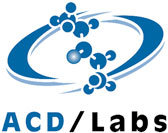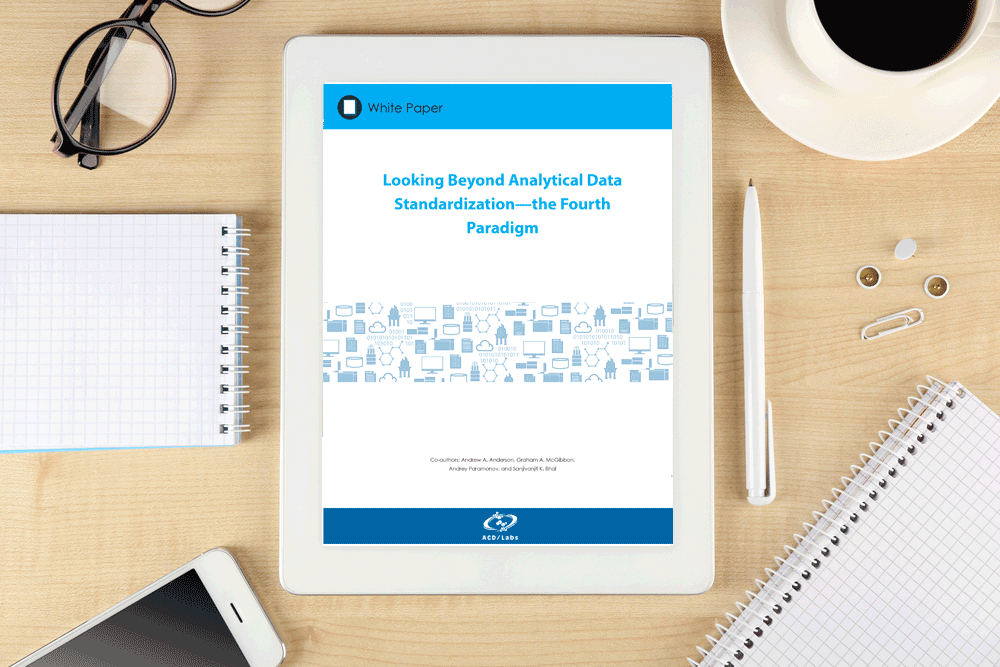Whitepaper: Looking beyond analytical data standardization – the Fourth Paradigm
Posted: 1 July 2017 | ACD/Labs | No comments yet
This paper provides commentary on efforts for analytical data standardization and a vision of the broader considerations and requirements that such an undertaking should include…
Chemical R&D activities continue to generate a deluge of instrumental analytical data on a daily basis, regardless of industry. Regulatory submissions and critical R&D or manufacturing decisions are based on analytical data every day. When data are silo’d and unavailable in standard accessible formats, access and re-use for decision-making and problem-solving is hard, if not impossible. Organizations must have ways to standardize, homogenize, and digitize analytical data to improve data access while maintaining data integrity, and facilitating scientific business innovation. In this drive for standardization, however, we postulate the importance of positioning it with chemical context, since analytical experiments are diverse by purpose and support many chemical workflows.
Homogeneous, assembled, digitized analytical data lends itself to be included in the stream of meaningful data exchange between external organizations and data-sharing inside organizations. This organization and data transformation is necessary to effectively build the ‘data-to-information-to-knowledge’ lineage that enables managers to make strategic and tactical decisions; to maximize benefits, and limit risks.
This whitepaper is restricted - login or subscribe free to access


Why subscribe? Join our growing community of thousands of industry professionals and gain access to:
- bi-monthly issues in print and/or digital format
- case studies, whitepapers, webinars and industry-leading content
- breaking news and features
- our extensive online archive of thousands of articles and years of past issues
- ...And it's all free!
Click here to Subscribe today Login here
Related content from this organisation
Related topics
Analytical techniques, Data Analysis, Research & Development (R&D)










